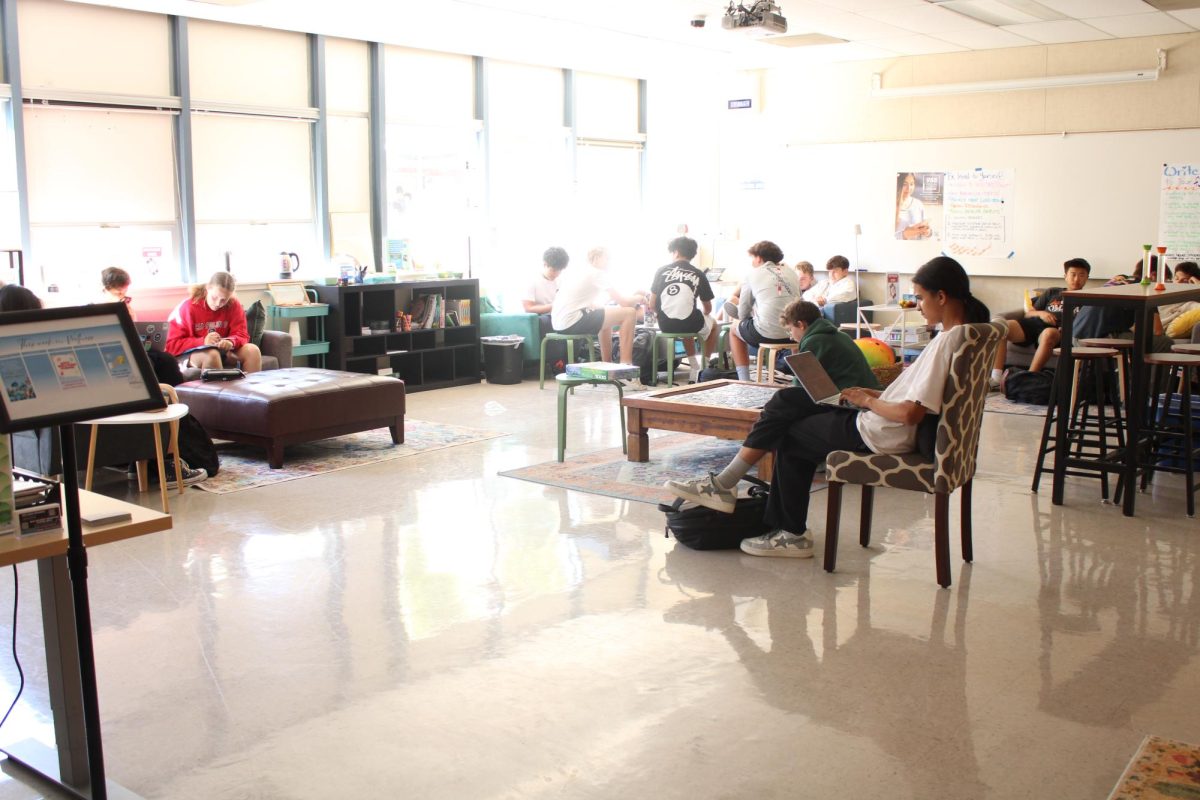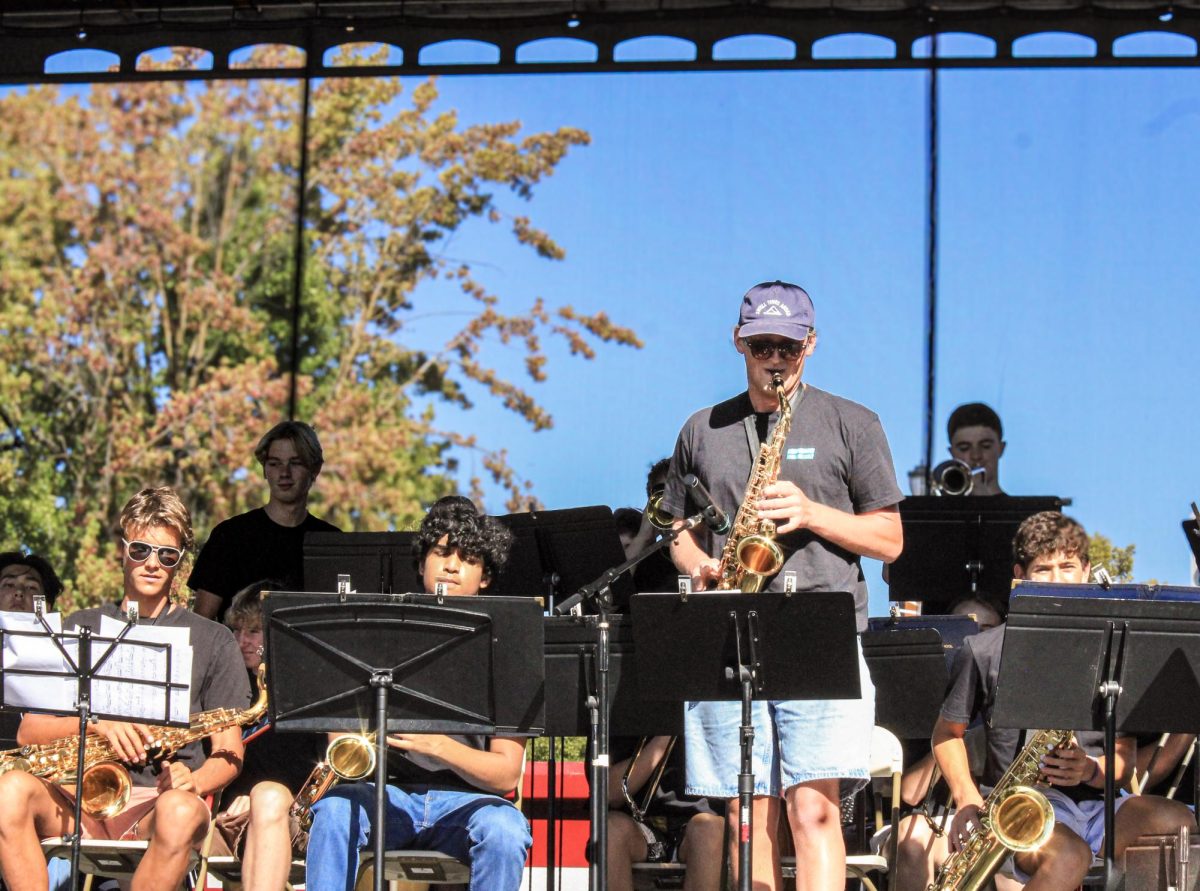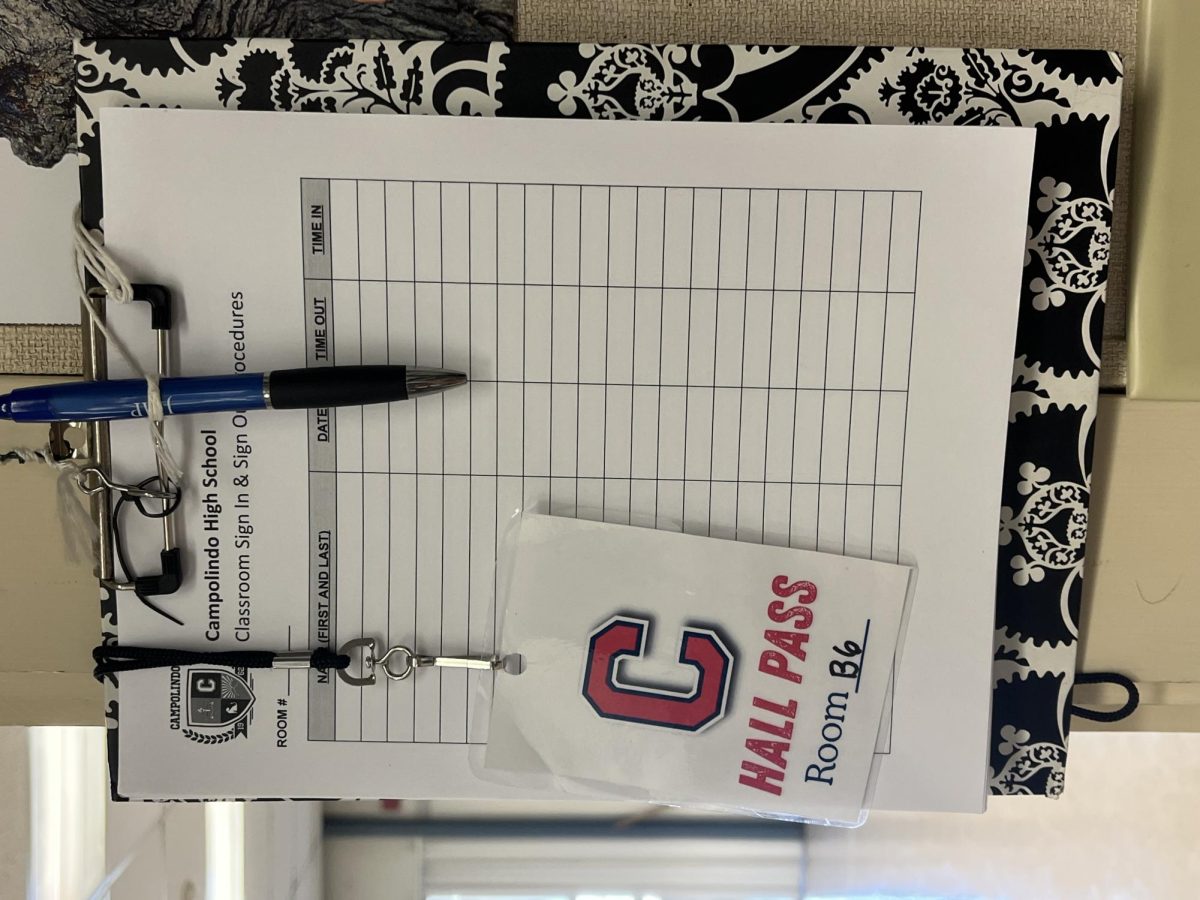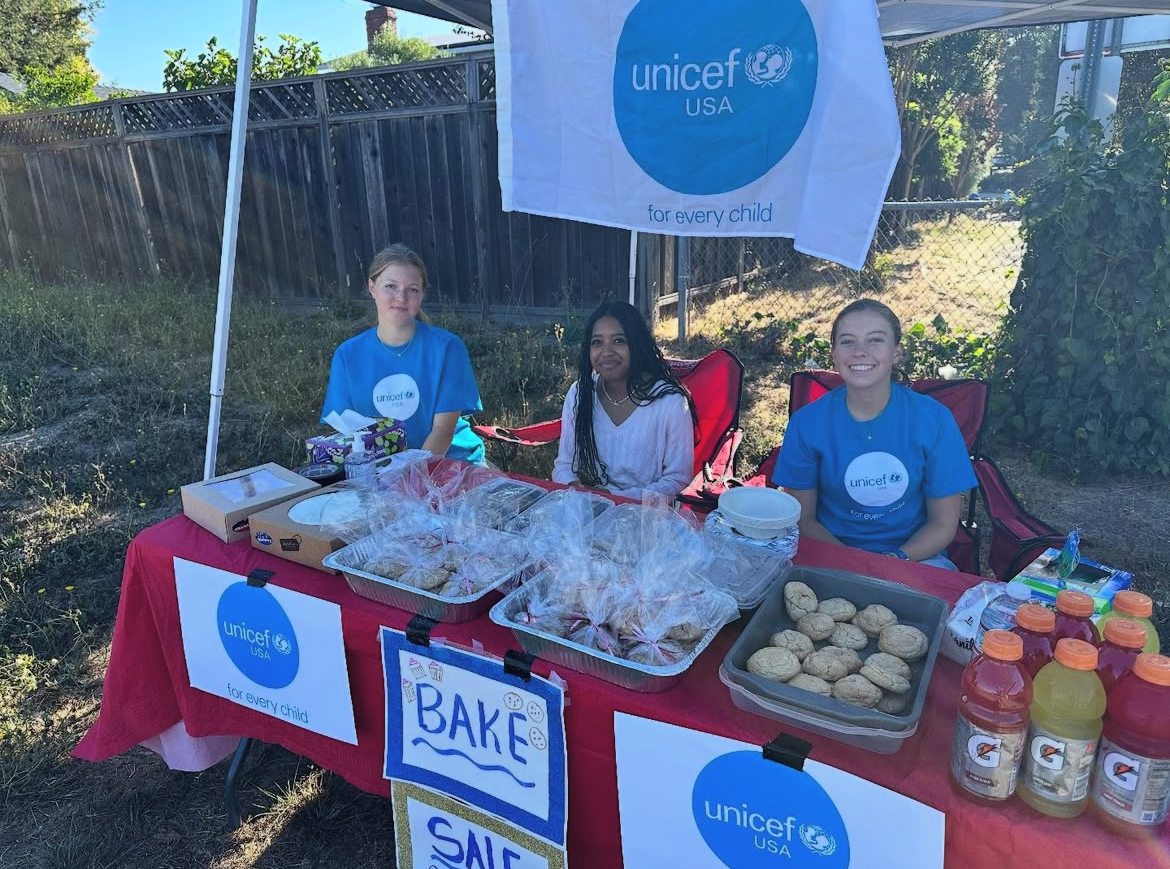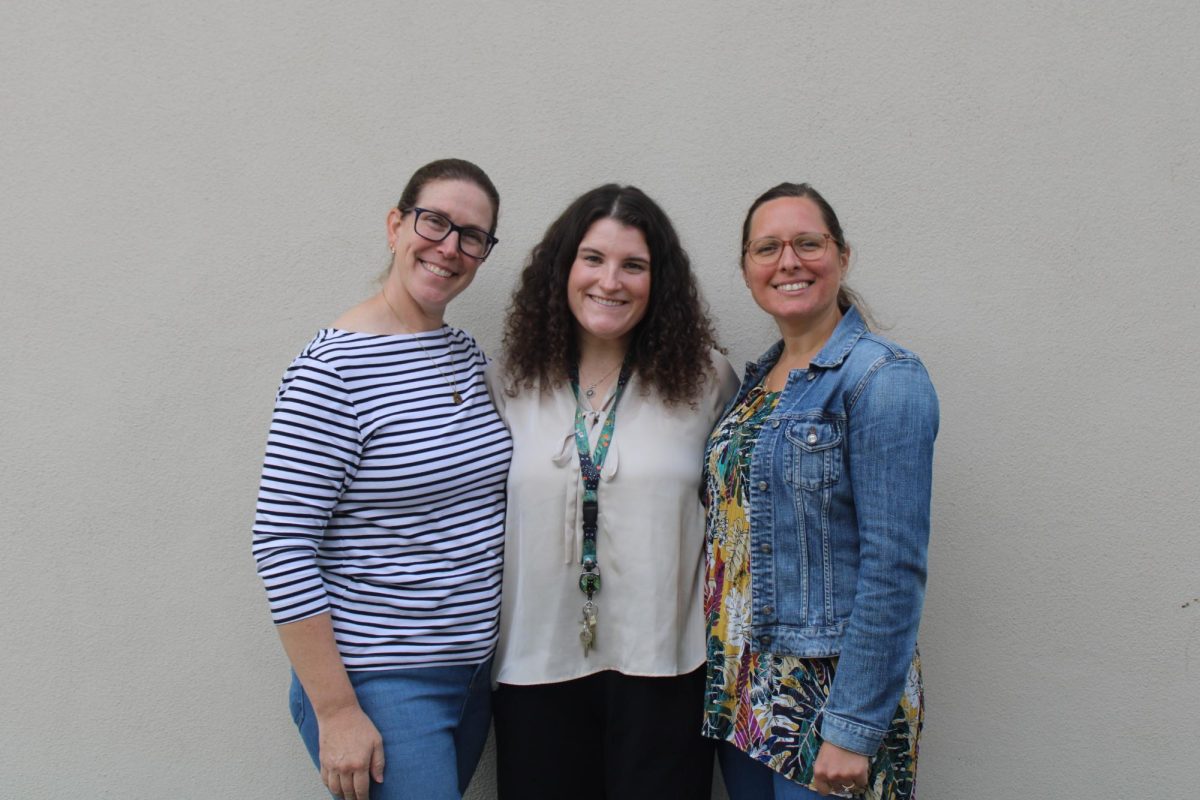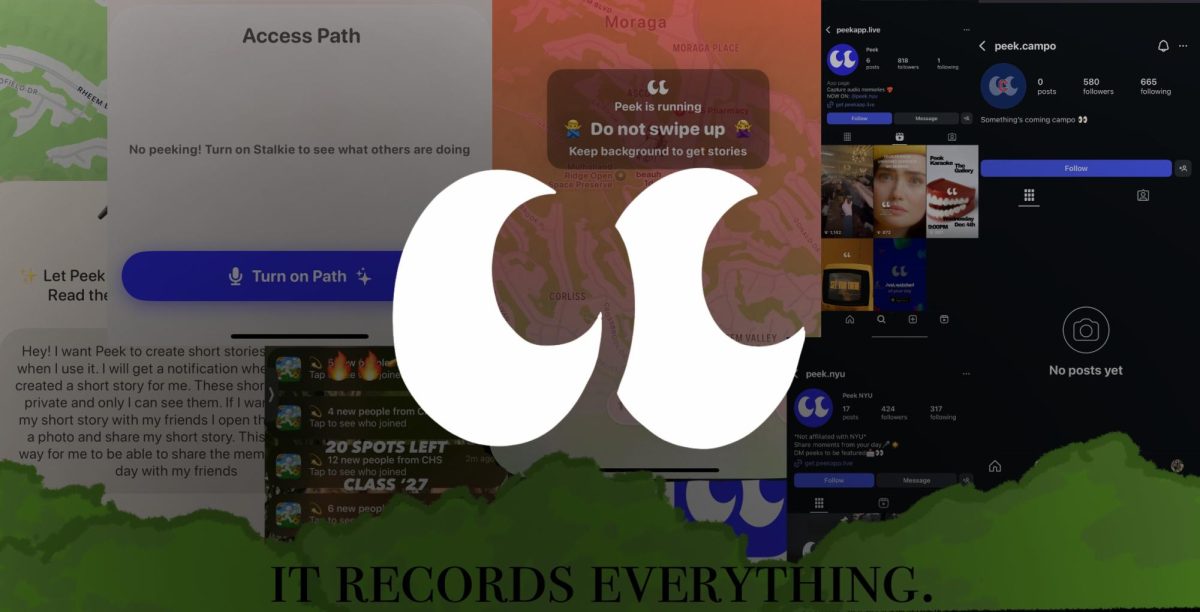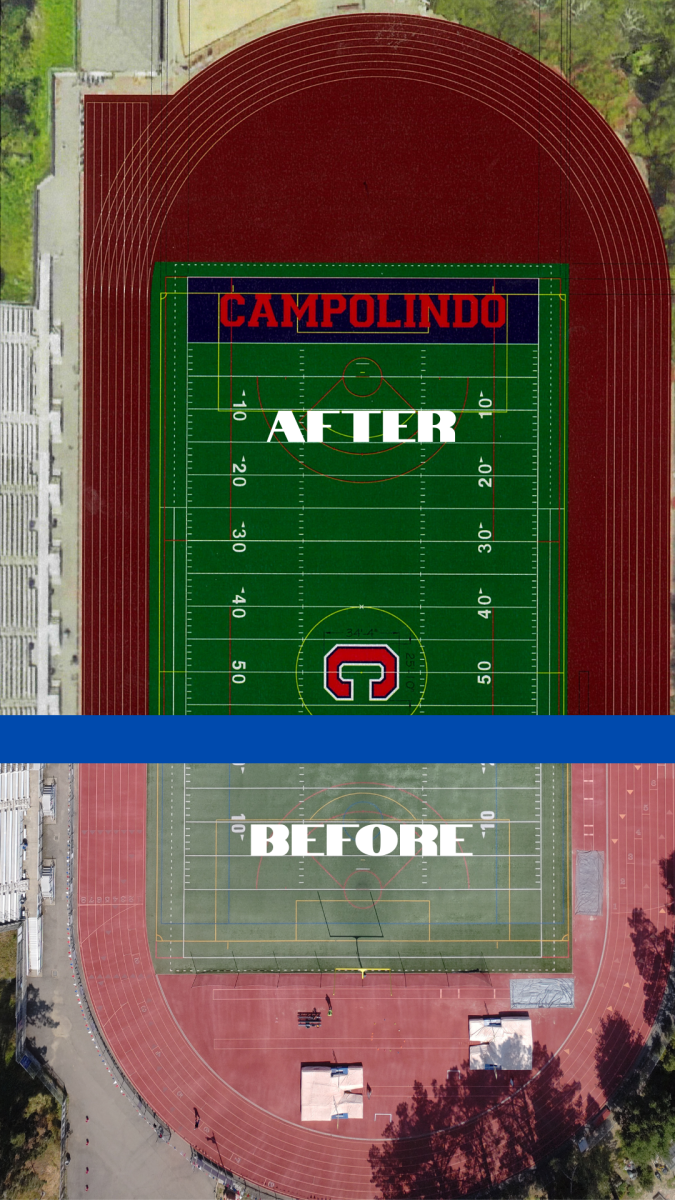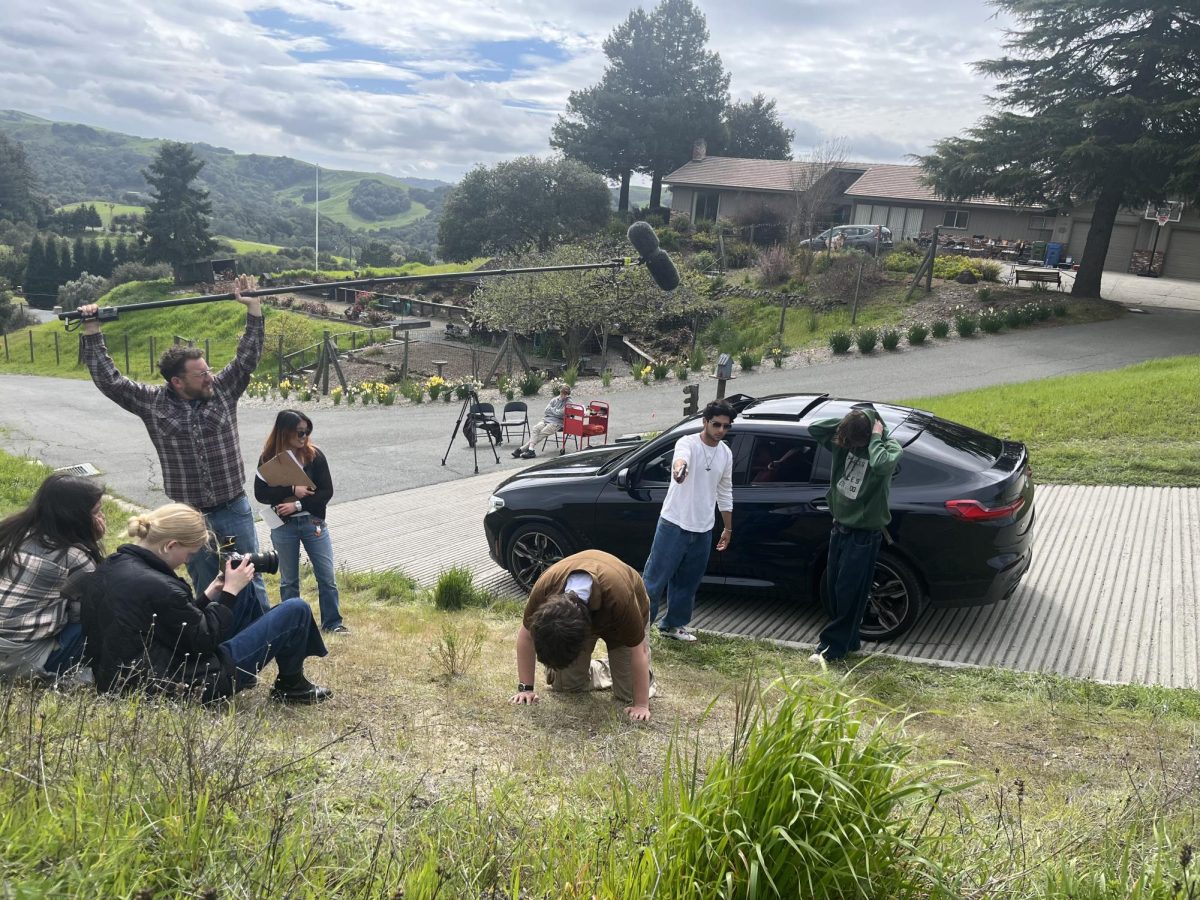At first glance, it may not appear as if Campo’s organic garden, the Lorax Club, and Nicaraguan and Ecuadorian exchange students have anything in common, but interestingly enough these programs are intertwined because they are all involved with the Global Student Embassy (GSE). The GSE is encouraging students to foster better relationships with their classmates and the environment.
For 5 years, GSE has worked with schools from around the world to promote youth leadership, environmental restoration, “grass roots” international relations, and organic agriculture. The organization facilitates exchange programs to different countries in the hope of spreading cultural awareness, and providing the means for developing communities to become self-sufficient.
Exchange programs in northern California allow students affiliated with GSE to volunteer in Ecuador and Nicaragua. While there, they take part in building greenhouses, farms, parks, and gardens, and enjoy the experience of learning about the Ecuadorian and Nicaraguan cultures. GSE also funds the “Commodore Project,” which includes building farms and using the produce harvested to supply free breakfasts and lunches. In all of its unique programs, the organization not only provides the materials to improve these communities, but also empowers people with the means to improve their lives.
Co-presidents of the Spanish Club, seniors Sarah Firth and Merinda Zywicz, recently worked with GSE director Mallory Bressler to facilitate an exchange between Ecuador and Nicaragua. Campolindo families hosted 3 Ecuadorians and 3 Nicaraguans, who are members of GSE in their respective countries. These students earned full scholarships to the United States due to nominations from their location director and the executive director of GSE. The Ecuadorians include Diana Ganchozo Lopez, Karla Cevallos Zambrano, and Santiago Cedeño Almeida, hosted by Zywicz, Katie Whalen, and Justin Dunn. The Nicaraguans include Rolando Chevez, the student’s mentor, who stayed with Ms. Bartlett, and Gitza Acosta Silva and Raquel Granera Acosta who were hosted by Firth.
These students visited several different tourist locations, such as San Francisco and UC Davis, during their visit. They also worked on several GSE projects throughout Northern California. On Wednesday they harvested produce for a free food farm stand in Berkeley, and on Tuesday they planted trees as part of a reforestation project in Sonoma County. They also visited Spanish 4 and 5 classes at Campo and Miramonte, asking and answering questions in Spanish in order to learn more about American culture and share their own experiences and interests. On Sunday they finished their weeklong stay by working for four hours in Campo’s organic garden with their hosts.
The students had an incredible time and were warmly welcomed into the community, according to Bressler. Although it was the first time the six of them had ever been on a plane or even left the country, it was apparent to her that the students enjoyed the time they spent with their host families.
Hosts seemingly felt the same way. Firth and Whalen loved spending time with Karla, Gitza, and Raquel. They described late nights spent talking and getting to know each other, even going to a Campo basketball game together. The Nicaraguans and Ecuadorians left Moraga January 27 for GSE headquarters in Sebastopol where they will spend the duration of their three-week stay.
Students from Campo also have the opportunity to attend exchange programs in Nicaragua over spring break and during the summer. Bressler encourages students to participate because even though cultures differ, everyone can unite around the goals of helping preserve the environment and improving international relations. “One of the great things about doing something together is that they share something in common,” she said.
Recently, GSE worked with the Lorax club in brightening the campus with different projects, including the “Cats C.A.R.E Initiative.” Campo alum and GSE director, Mallory Bressler, attends every meeting and collaborates with the Environmental Science classes to further the “Cats C.A.R.E Initiative” by revitalizing the organic garden. She visits the class every Tuesday and Thursday to brainstorm, lecture, and begin new projects. “My hope is that GSE can have an impact on students lives in a variety of ways so that when students get to powerful positions in their adult lives, they will be thoughtful and environmentally conscious global citizens,” Bressler said.
Even though it’s GSE’s first year in the Bay Area, it is apparent that they have dug deep enough roots to bring forth major change in the community. Already changes are evident in classes, including a more hands on Environmental Science class, an improved organic garden, an exchange program between Ecuador and Nicaragua, and a cleaner campus.
Only a limited number can sign up for Environmental Science or the exchange with Nicaragua; however, everyone can take part in improving campus. Even the simplest of things, such as recycling a water bottle instead of tossing it in the trash, is a step in the right direction. It takes time to bring forth major change, but looking to the community is a great place to start. As Bressler says, “[It’s] only the beginning.”

